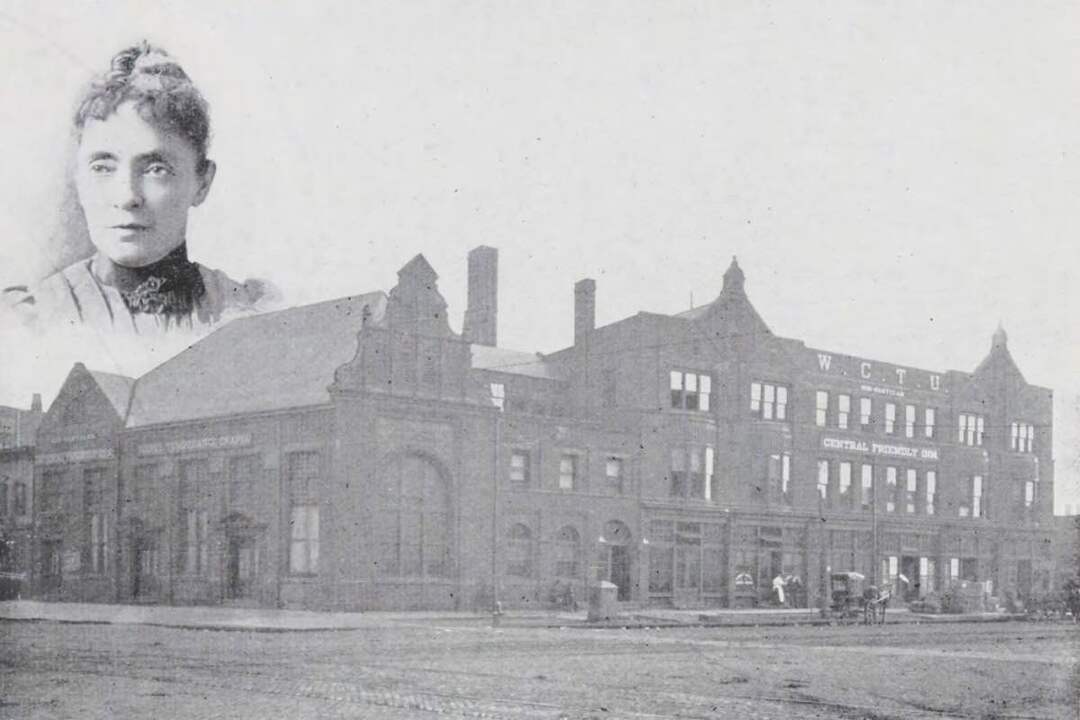Friendly Inn

The Friendly Inn Social Settlement was founded in 1874 to provide a liquor-free gathering place for the residents of poor neighborhoods. Originally called the "Temperance Coffee House and Lunchroom," it eventually evolved into one of the city's first settlement houses. The charitable work of members of the Woman's Christian Temperance Union (WCTU) resulted in the establishment of multiple locations of the Friendly Inn within Cleveland at 634 St. Clair Street, 34 River (W. 11th) Street, and 71 Central Place. These affluent women reportedly left their coachmen and drivers, setting out on their own to mingle with the poor, pass out food, and read passages from the Bible. Groups like the WCTU would eventually become the spokespersons for the Prohibition era.
An article from the Cleveland Press states that the Friendly Inn was originally a place of boredom, but was transformed into a facility that was comfortable, well lit, and sanitary. The settlement houses encouraged those who spent time there to read and learn other skills.
Through donations from John D. Rockefeller and Stephen V. Harkness, one of the founders of Standard Oil Company, the Friendly Inn was able to consolidate its locations in 1888 into a three-story building called the Central Friendly Inn, located at 522 Central Avenue at the corner of Broadway. However, in 1894 the organization was facing a financial crisis. Administrators of the social settlement engineered a plan to raise the necessary funds to provide its services to the poor — the creation of the Woman's Edition of the Plain Dealer. Through negotiations with the managing editor, 200 women contributed to the process of writing and distributing the first edition of the fundraising newspaper on January 24, 1895.
In contrast to many other settlement houses in Cleveland and the United States, the Friendly Inn refrained from practices of segregation and kept its doors open to African Americans. The Friendly Inn was the first settlement house in Cleveland to operate with an interracial staff and by 1942 the organization was celebrating "Negro Health Week." Between 1950 to 1970 the demographics of the neighborhood in which the Friendly Inn operated switched from a primarily European immigrant to a predominantly African American population. In response to this change, the Friendly Inn created programs that specifically addressed issues faced by African Americans. The Inn provided employment training, housing assistance and hosted G.E.D classes to combat the increased rates of high school dropouts.
Currently, the Friendly Inn has included programs that focus on the role of the family by providing family camping trips and promoting the benefits of living a healthy lifestyle. In recent decades the Friendly Inn began to consolidate its branches, and in 2003 the organization moved into a 41,000-square-foot building located on 2386 Unwin Road.
Images







